30, April 2024
Cameroon in 2025 0
In the forthcoming presidential elections in 2025, the front runner is a 94 years old sickly candidate who has been in power for close to 50 years and is the only leader the youth have known in many generations.
The image of him presented by the state-controlled media is far from reality, that of a youthful and energetic individual, rather than the geriatric patient that should be left to rest.
It’s therefore not surprising that a survey of youths across the main cities of the country has revealed that 97% of youths want to leave the country given the slightest opportunity.
This mindset in the youths in every way reflects the success of the 50 year old Biya regime in stirring up ambition and hope in the majority of Cameroon’s youthful population to seek for a better prospect in foreign lands. They are now leaving the country at a rate estimated at 6,000 each year.
There couldn’t be a better measure of the success of Biya’s ruler ship of 50 years, if there were any doubts as to why he should not be given another 7 years term.
Voting will be ceremonial in Cameroon as the lead candidate is head of state, supreme commander of the arm forces, first magistrate, creator of Elecam (election governing body), the real coach of the Indomitable Lions, captain of the Indomitable Lions, player , referee , match commissioner and spectator. All 10 regions are under his command.
It would be another testimony to the enactment of the kleptocratic credentials of the country whose constitution was changed to enable Biya to rule for life in 1996.
By Kcastech Ra
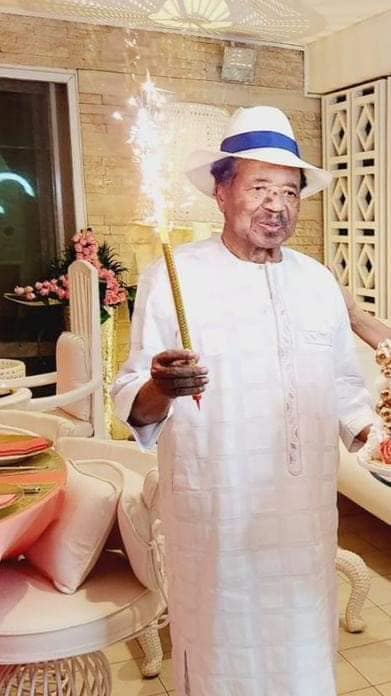
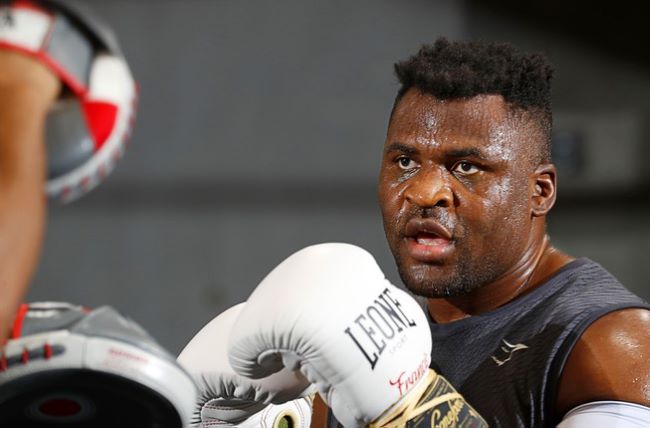
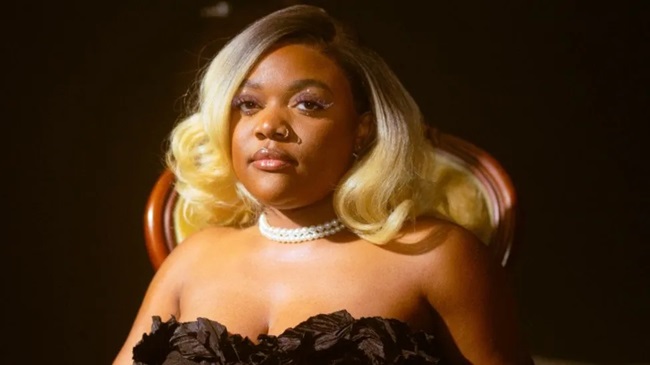
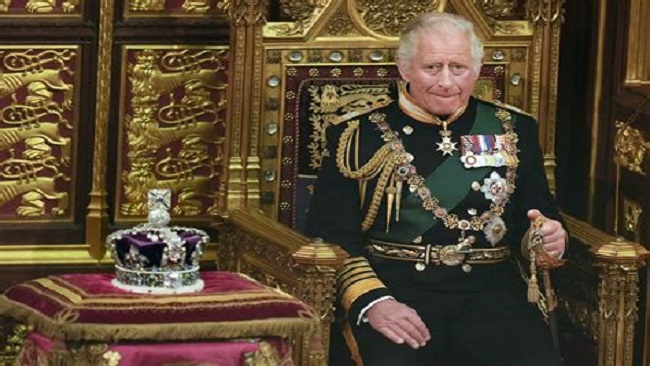
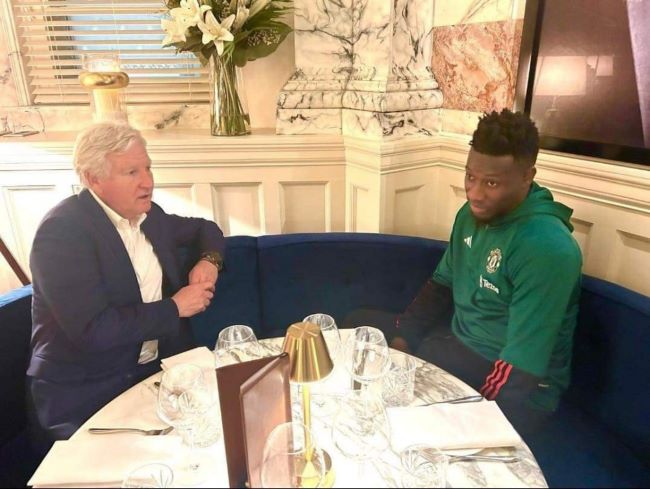
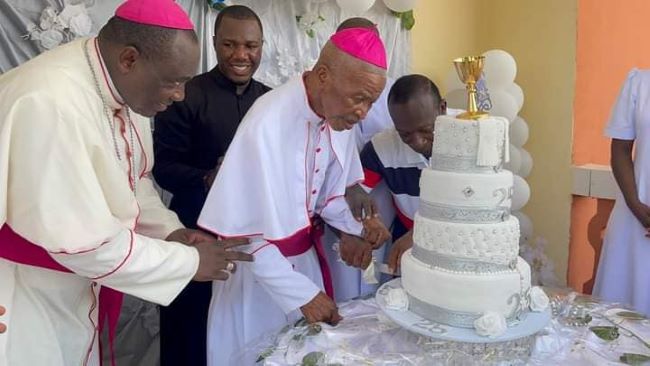
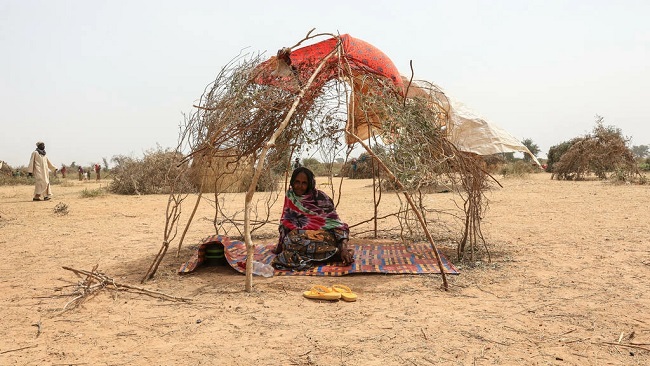
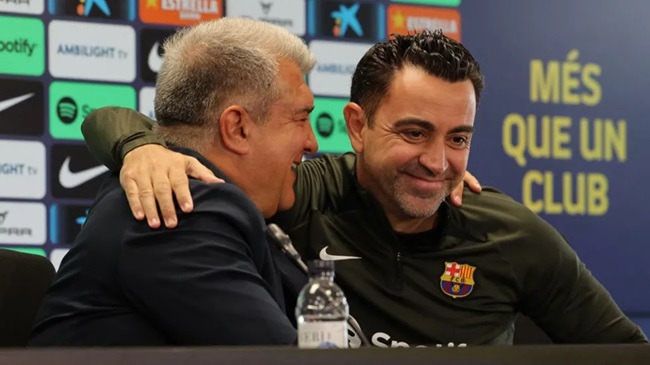
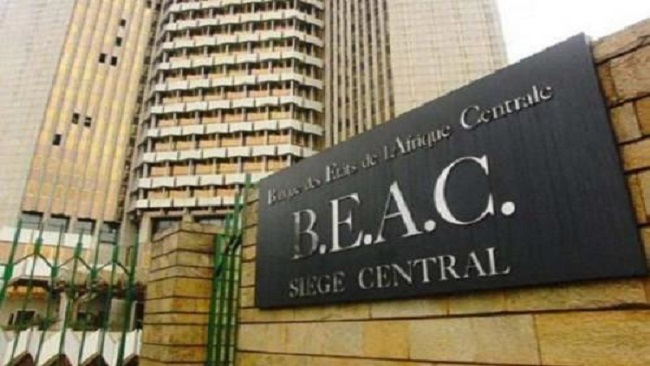

















30, April 2024
Biya Regime Confiscates Starlink Equipment as Service Shutdown Looms 0
Cameroon has been seizing Starlink kits at its borders due to the Internet service provider lacking a license in the country. Starlink plans to discontinue service in regions where it isn’t licensed, including Cameroon, on April 30. Cameroonian authorities worry about Starlink’s impact on the national telecommunications and Internet provider, Camtel.
In a notice to customs personnel, Cameroon Customs Director General Fongod Edwin Nuvaga acknowledged the presence of imported Starlink equipment and emphasized its potential threat to national security. He highlighted that this technology, known for providing unrestricted, ultra-fast internet connection, operates without oversight from the Telecommunications Regulatory Board. Nuvaga emphasized ongoing seizure of Starlink equipment until proper licensing and regulation by the telecoms regulator is ensured. Concerns expressed by Cameroonian authorities include unfair competition, fraudulent commercial activities, exploitation of Starlink terminals, and risks related to personal data.
Additionally, Starlink has been requested to halt services for Cameroonians until it obtains official licensing, purportedly to safeguard the market. In an email notification to roaming customers, Starlink explained that its regional and global roaming plans are meant for temporary use by travelers, not for permanent utilization in unauthorized areas. The provider emphasized that using a Starlink kit in an unauthorized location violates the company’s Terms & Conditions. Following the April 2024 deadline, subscribers away from authorized regions for more than two months must either relocate or update their account country to avoid disconnection.
Numerous African nations are imposing restrictions on satellite internet providers, citing licensing and regulatory concerns. In Zimbabwe, the telecom regulator instructed Starlink to disconnect users in April 2024, following a previous announcement in January that distributors and users would face arrest. Conversely, Ghana’s National Communications Authority recently granted approval for Starlink to operate, making Ghana the eighth African country to endorse the satellite internet service, despite previous legal challenges.
Source: techinafrica